Celebrating World Prematurity Day!
Nine-year-old twins Zander and Elliott are rarely still. Whether on the ice playing double-A hockey, outpacing their peers in cross country or diving into board games at home, their energy is constant, contagious and uniquely their own. Zander is methodical and quiet, often observing before acting, while Elliott is bold and fearless, eager to lead and fiercely protective of his brother and younger sister, Zoe. Their personalities may differ, but their story begins the same in the Neonatal Intensive Care Unit (NICU), where their parents, Sarah-Lynne and Erik, first learned what it means to advocate for your children before they even had a chance to speak.
Sarah-Lynne, who has polycystic ovary syndrome (PCOS), had struggled with infertility before becoming pregnant with monochorionic-diamniotic twins. Early ultrasounds were reassuring, but that changed abruptly at 19 weeks when a routine anatomy scan revealed Twin-to-Twin Transfusion Syndrome (TTTS), a rare but serious condition affecting twins who share a placenta. The diagnosis required emergency fetal surgery, and the odds were grim, being given only a 70% chance of one twin surviving and 50% for both.
Following laser ablation surgery and weeks of strict bedrest, Sarah-Lynne’s water broke prematurely at 31 weeks. One week later, Zander and Elliott were born 38 minutes apart, each small and fragile, but fighting.
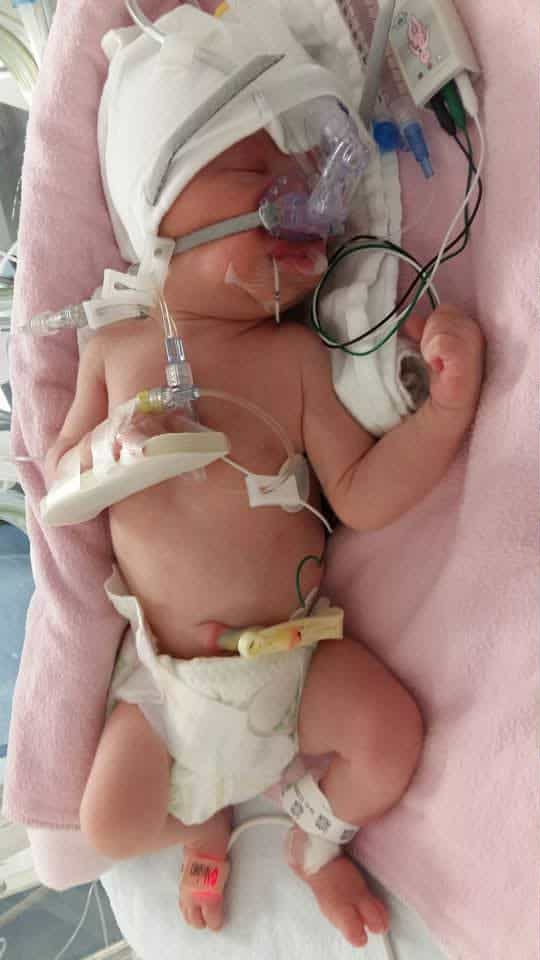
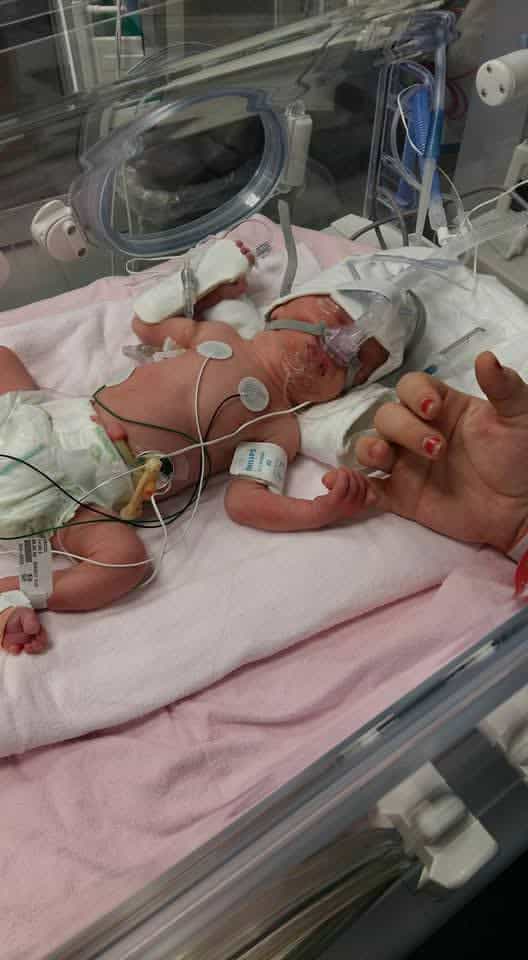
They spent 36 days in the NICU across three different hospitals. After initial stabilization at Mount Sinai Hospital, they were transferred to Markham Stouffville Hospital and eventually, Elliott required additional care at SickKids due to E. coli sepsis. For Sarah-Lynne, who never left the hospital, and Erik, who juggled being present for his wife and newborn sons while holding life together at work and home, the NICU was a place of quiet resilience and ongoing crisis. Nothing about their entry into parenthood looked like they had imagined but the NICU became their new normal.
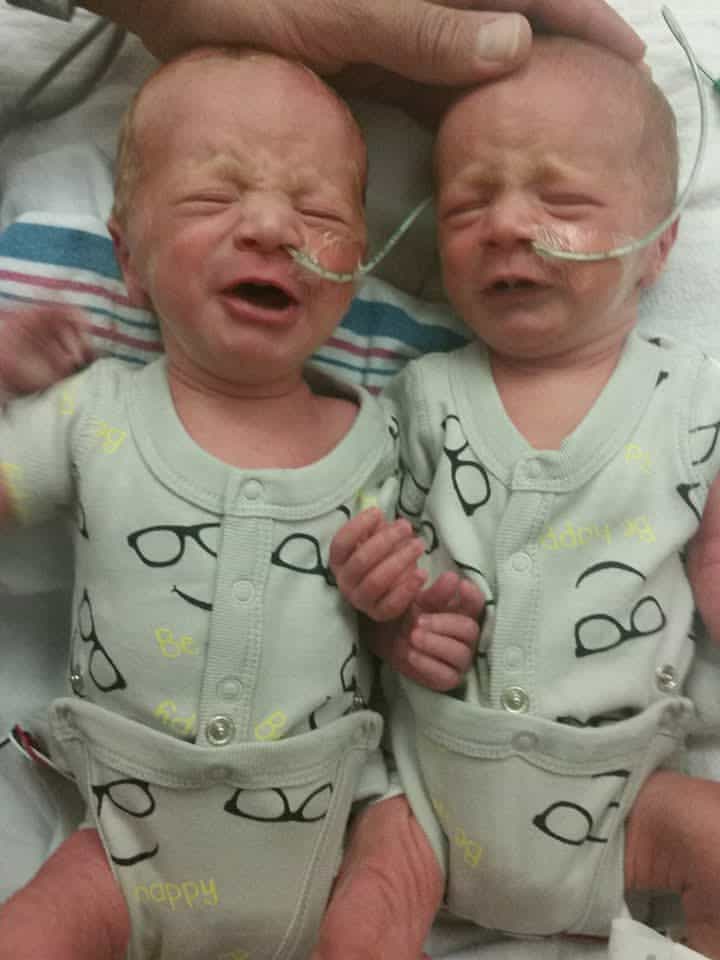
In the early years, it became clear the boys were developing on a different trajectory than their peers. They were closely monitored by a neonatal follow-up clinic, and though their milestones often landed somewhere between their chronological and corrected ages, it was the day-to-day reality of parenting that prompted Sarah-Lynne to seek further support. Zander and Elliott both struggled with sensory regulation, impulsivity and emotional dysregulation. They masked their challenges at school, only to unravel emotionally at home. “It was like they held it in all day, then exploded,” Sarah-Lynne shares. By age four, they were both diagnosed with Attention-Deficit/Hyperactivity Disorder (ADHD).
The diagnoses brought clarity, and with it, the start of another journey. Home life had to be restructured to support their needs. Screen time was tightly managed, routines were non-negotiable and snack cupboards required locks. The boys were deeply affected by food textures, sounds and clothing discomfort. Managing these sensory needs required constant adjustments, patience and creativity.
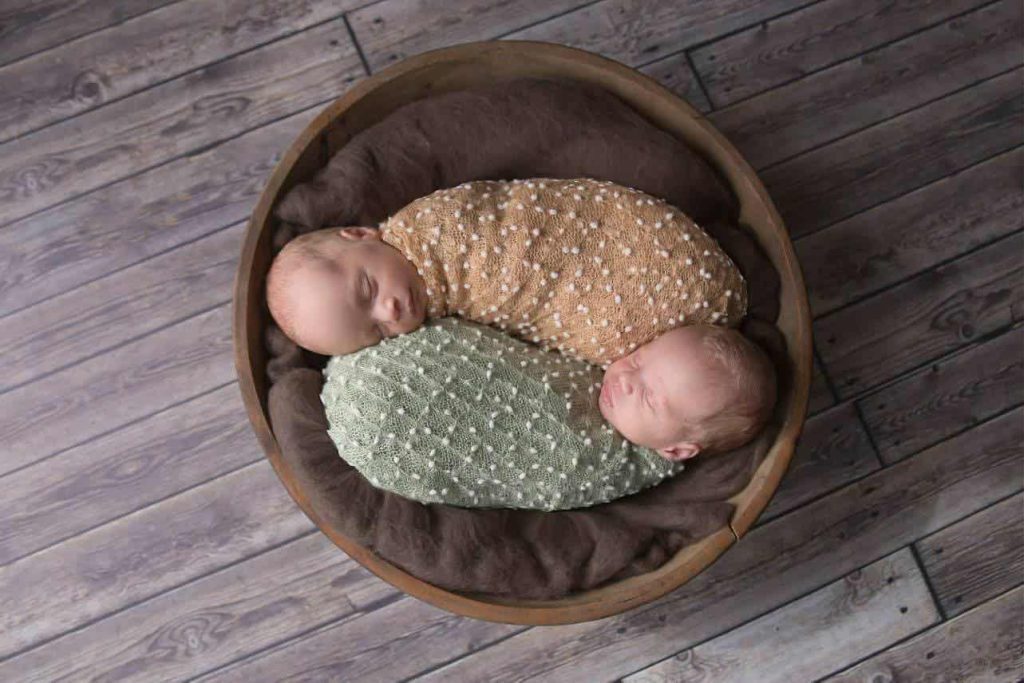
When the family was referred to Grandview Kids, the support they received was much needed. Grandview Kid’s therapists provided tailored Occupational Therapy, sensory integration tools and Therapeutic Recreation that included Zoe helping the boys play safely and positively with their younger sister, who has a rare disease and is medically fragile. Her medical journey has bonded the siblings and anchored their understanding of difference, resilience and love.
Through Grandview Kids, Zander and Elliott gained access to adaptive strategies in school, including the use of sensory rooms for emotional regulation, Chromebooks for written output and non-identified Individual Education Plans (IEPs) that provide accommodations without requiring formal special education labels. These small but vital supports help the boys gain confidence and learn in ways that honour their unique needs.
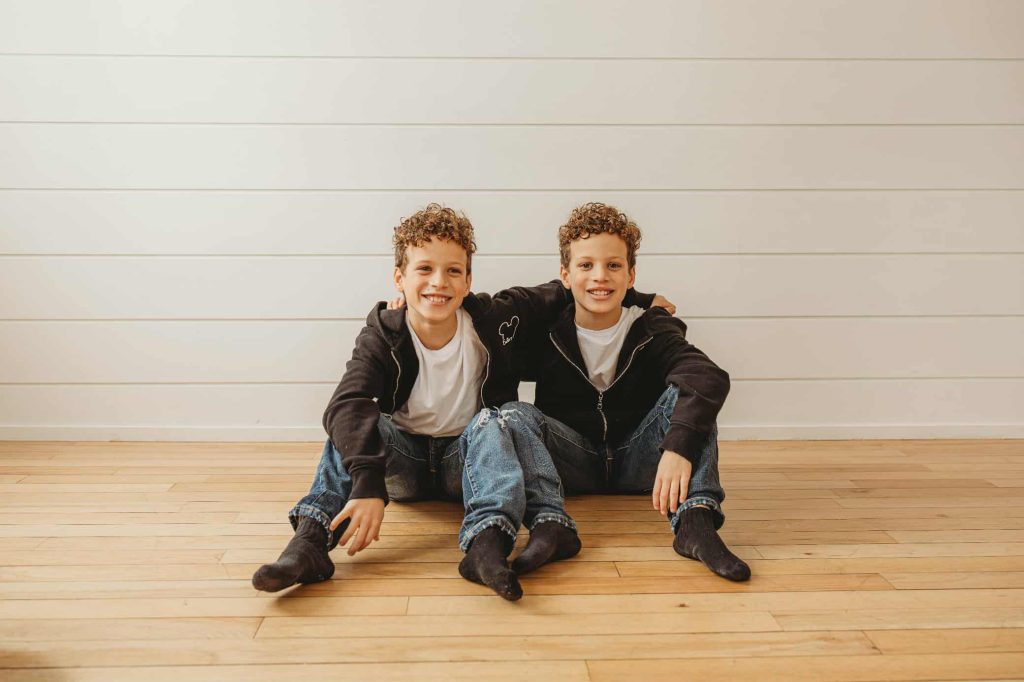
Despite their early challenges, Zander and Elliott have grown into curious, athletic and empathetic boys. Their ADHD doesn’t define them but understanding it has given their family the language and tools to support their development. “Even when it’s hard, we show up,” Sarah-Lynne says. “They’re not misbehaving to be difficult; it’s just how their brains are wired. Knowing that has made all the difference.”
For Sarah-Lynne and Erik, the journey from NICU to now has not been linear. It has required relentless advocacy, acceptance of help and constant re-evaluation of what success looks like. However, the joy in their children’s laughter and the pride in watching them score a goal or help a sibling are the victories that matter most.
To families navigating prematurity, they offer this advice:
- Be proactive. Do not wait for permission to seek support.
- Trust your gut. Your instincts are valid.
- Accept help. It is a strength, not a weakness.
- Protect your mental health. Trauma leaves marks.
- Advocate. Your child needs your voice, especially when they do not have one yet.
Today, on World Prematurity Day, we honour the strength of children like Zander and Elliott, and the families who walk alongside them and turn uncertainty into action and challenge into growth. From the NICU to the hockey rink, theirs is a story of hope, resilience and the power of showing up every single day.
Check out more Grandview Kids articles
- Celebrating Ahaana: Finding sound, strength and community on Cochlear Implant Day
- Navigating the intersection of disability and race as a caregiver: Honouring Black History Month
- Embracing hope through every challenge: Brock’s journey
- Jack’s resilience shines through every step: Rare Disease Day
- February: Dates of Significance
